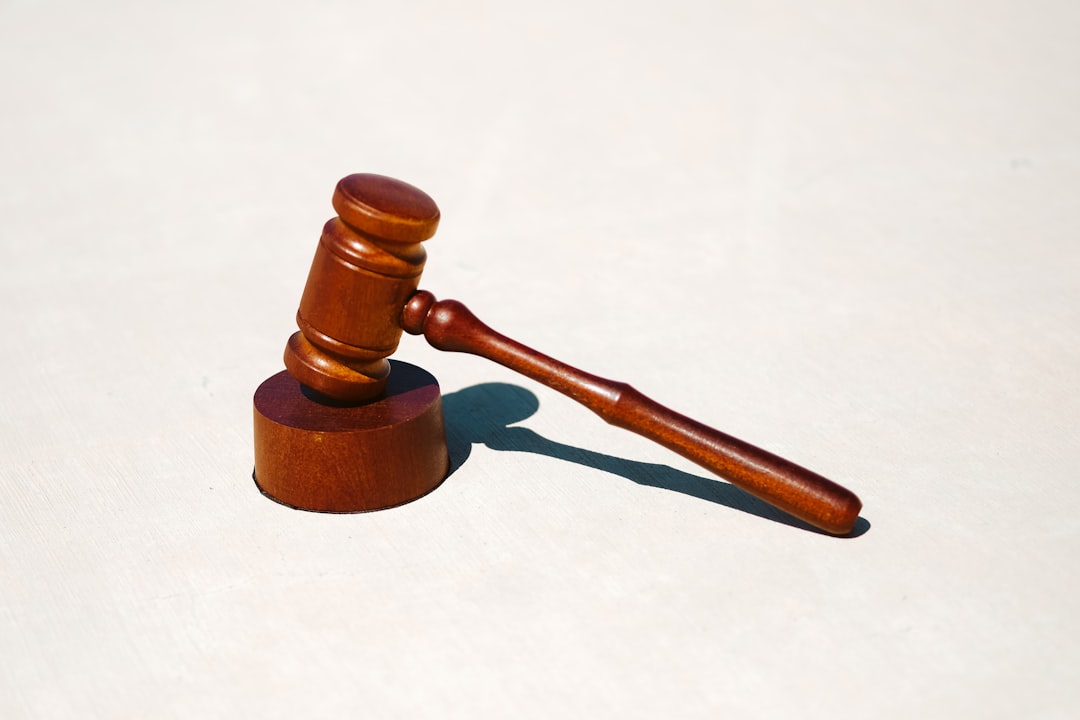Washington D.C.'s debt collection laws, including the FDCPA, protect debtors with rules on communication, validation, and collector conduct, ensuring ethical practices and fair treatment for consumers facing debt collection actions.
In the dynamic legal landscape of Washington, D.C., understanding debt collection practices is paramount for both consumers and collectors alike. This article provides a comprehensive overview of debt collection laws in DC, delving into key aspects such as the rights of debtors and responsibilities of collectors, ethical practices, and consumer protection measures. By exploring these essential elements, individuals navigating debt recovery processes can ensure fair treatment while maintaining adherence to stringent DC debt collector laws.
Understanding Debt Collection Laws in DC

In the District of Columbia, debt collection practices are governed by a comprehensive legal framework designed to protect both debtors and creditors. Understanding these laws is essential for anyone involved in debt collection or facing debt collection actions. The Fair Debt Collection Practices Act (FDCPA) serves as the cornerstone, establishing rules that debt collectors must follow when contacting debtors. This federal law sets limitations on the time of day a collector can call, restricts aggressive behavior, and mandates clear communication about the debt.
Additionally, DC has its own Debt Collection Act, which complements the FDCPA with state-specific regulations. This legislation provides further protections for consumers by regulating the disclosure of information, requiring valid notices, and prohibiting certain tactics like misrepresenting oneself or the amount owed. Debtors in DC have rights under these laws, ensuring fair treatment during debt collection processes.
Rights of Debtors and Responsibilities of Collectors

In Washington, D.C., both debtors and debt collectors are protected by a framework of laws designed to ensure fair practices. Debtors have the right to be treated with dignity and respect during the collection process. They are entitled to clear communication regarding the debt, including the amount owed, the name of the original creditor, and proof that the debt is legitimate. Additionally, debtors can request validation of the debt and have 30 days to respond to a collection agency’s initial contact.
On the other hand, debt collectors in DC must adhere to specific regulations, known as the Fair Debt Collection Practices Act (FDCPA), which restricts their behavior. They are prohibited from using abusive, threatening, or deceptive tactics, such as harassing calls, false statements, or attempting to deceive debtors. Collectors must also comply with reasonable requests for validation and provide accurate information. Failure to do so can result in legal action against the collector, protecting the rights of debtors and ensuring ethical debt collection practices.
Ethical Practices and Consumer Protection Measures

Debt collection practices in Washington D.C. are governed by strict laws designed to protect consumers from unethical behavior and excessive pressure. The District’s debt collectors must adhere to fair and transparent procedures, ensuring that borrowers’ rights are respected throughout the process. These regulations cover various aspects, including disclosure of debts, communication methods, and the frequency of contact.
The Fair Debt Collection Practices Act (FDCPA) is a federal law that applies in DC as well, imposing standards for collector conduct. It prohibits abusive, unfair, or deceptive acts, such as threatening language, misrepresenting the amount owed, or contacting consumers at inappropriate times. Debt collectors in D.C. must provide borrowers with validation of their debt and allow them to dispute the information. These measures foster a balanced approach, ensuring that collectors can pursue outstanding debts while maintaining ethical standards and consumer protection.






